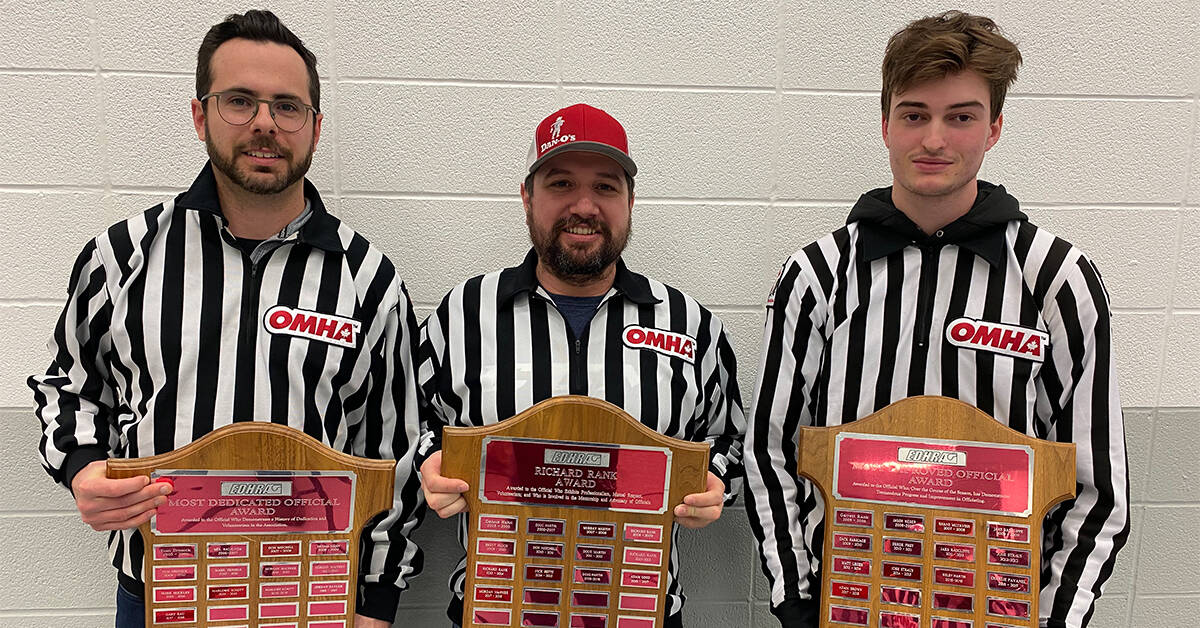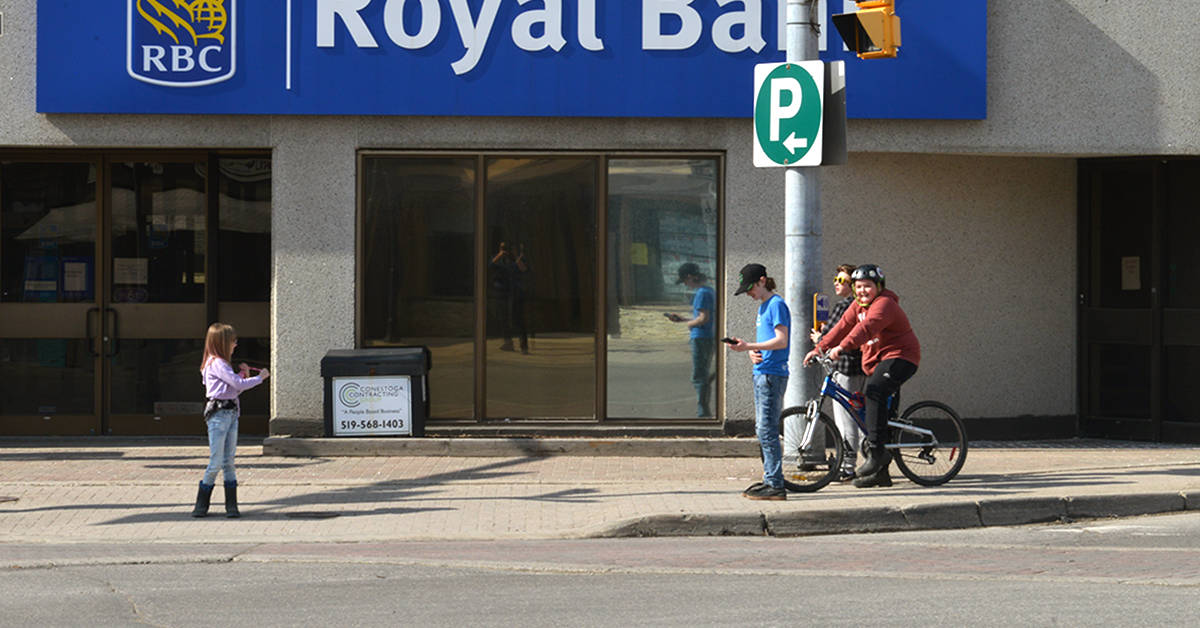Nicola Thomas embarks next month on a journey to rediscover the sites of Black history in southern Ontario. One of her stops will be in Wellesley Township.
The tour is called Sankofa 100 Miles to Freedom.
Sankofa is an African word, said Thomas. It means, “to go back and fetch the knowledge that was left behind,” she said. “A lot of African diaspora are using this name.”
Thomas said she believes southern Ontario’s Black history is largely hidden, and because of this, Black knowledge and contributions to history and society are largely forgotten and taken for granted.
“I grew up in Oakville,” said Thomas. “It wasn’t in my history books. It’s in nobody else’s history books. And it’s not to say that people don’t want to know, because there are museums all across Ontario. They’re not well known.”
She says there are cemeteries of early Black settlers in Wellesley. “When you go, they look abandoned. Like, they’re falling apart, but that’s our history.”
On the tour, Thomas plans to rediscover the spaces of Black history in southern Ontario, with a focus on women’s stories. She plans to visit as many of these sites as she can to uncover Black stories and knowledge and raise awareness about them.
She will follow a loosely defined route beginning in Point Pelee where refugees escaping slavery would have landed. From there, she will make her way north into the province as the refugees would have done, visiting places like the historical Uncle Tom’s Cabin site. This was the settlement of Josiah Henson, who inspired the main character of Uncle Tom’s Cabin. Henson was a pastor and industrialist who, with his wife and two youngest children, escaped slavery in Washington, D.C. and walked some 965 kilometres to Canada. He went on to set up the Dawn establishment in Dresden, Ontario where those escaping slavery could work and begin new lives.
Other likely tour stops include Amherstberg, Hamilton, Owen Sound, Peterborough, Toronto and Kingston, among others. Thomas’s 10-year-old daughter,Tula-Wren Thomas, will join her for the journey.
In Wellesley Township, she will be visiting sites of the Queen’s Bush Settlement. In the early 1800s, the Queen’s Bush was the name for the large area of land between Waterloo County and Lake Huron, and this is where Black settlers who escaped slavery formed small communities – notably in Hawkesville, along the Peel and Wellesley township border, Glen Allan, and Wallenstein. They cleared and farmed land with little help or tools, said Thomas.
In the 1840s, the government surveyed the area, and most of the Black settlers could not afford to pay the government’s price for the land they had worked so hard to clear and farm. By 1850 the Black residents were being moved out and scattered.
“Connecting with and sharing those stories of resilience that we shared together, is our history. So it’s not Black history. It’s Ontario history. It’s Canadian history, regardless,” said Thomas.
Thomas raised funds to buy an insulated van outfitted with a wood stove that she and her daughter will live and drive in while they complete the tour.
Thomas plans to leave plenty of space on the tour for serendipity. “The tour isn’t really structured around specific sites, but as most people know, when you go on a road trip, the best part of the trip is all the parts that you didn’t plan, those wonderful moments of serendipity, of coincidence, of sheer luck and, you know, that’s where the richness is,” she said.
The purpose of the tour is to rediscover sites of history, and rediscover the knowledge of those people, especially women, now largely forgotten. She says she hopes to put together a cookbook made of the local recipes passed down from those original Black refugee settlers.
The tour begins in June and will go until September. Thomas invites interested people to join her during any leg of the journey, and people can follow along online at Thomas’s permaculture consulting website Grandriverfoodforestry.com or at @grandriverfoodforestry on Instagram and Facebook.
Donations for the journey can be directed to the Gofundme page.









